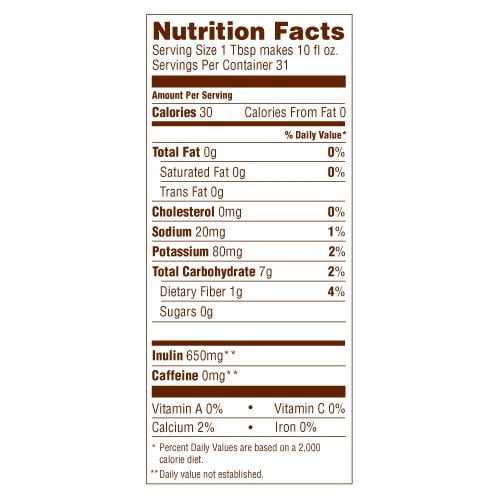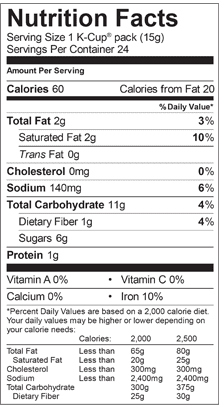

In the study's second phase, scientists analyzed 12 samples of Starbucks decaffeinated espresso and brewed decaffeinated coffee taken from a single store. In comparison, an 8-ounce cup of drip-brewed coffee typically contains 85 milligrams of caffeine. Caffeine was isolated from the coffee samples and measured by gas chromatography.Įvery serving but one - instant decaffeinated Folgers Coffee Crystals - contained caffeine, ranging from 8.6 milligrams to 13.9 milligrams. So UF researchers set out to conduct a two-phase study designed to gauge just how much caffeine is likely to turn up in decaffeinated coffees.įirst they purchased 10 16-ounce decaffeinated drip-brewed coffee beverages from nine national chains or local coffee houses and tested them for caffeine content. "This could be a concern for people who are advised to cut their caffeine intake, such as those with kidney disease or anxiety disorders."ĭespite caffeine's widespread use, most medical texts have no guidelines for intake, Goldberger said, but even low doses might adversely affect some people. "If someone drinks five to 10 cups of decaffeinated coffee, the dose of caffeine could easily reach the level present in a cup or two of caffeinated coffee," said co-author Bruce Goldberger, Ph.D., a professor and director of UF's William R.

And because coffee is a major source in the supply line, people advised to avoid caffeine because of certain medical conditions like hypertension should be aware that even decaffeinated brew can come with a kick, UF researchers report in this month's Journal of Analytical Toxicology.

Consumers who switch to decaffeinated coffee with the expectation of avoiding caffeine may be in for a surprise.Ī new study by University of Florida researchers documents that almost all decaffeinated coffee contains some measure of caffeine.Ĭaffeine is the most widely consumed drug in the world.


 0 kommentar(er)
0 kommentar(er)
